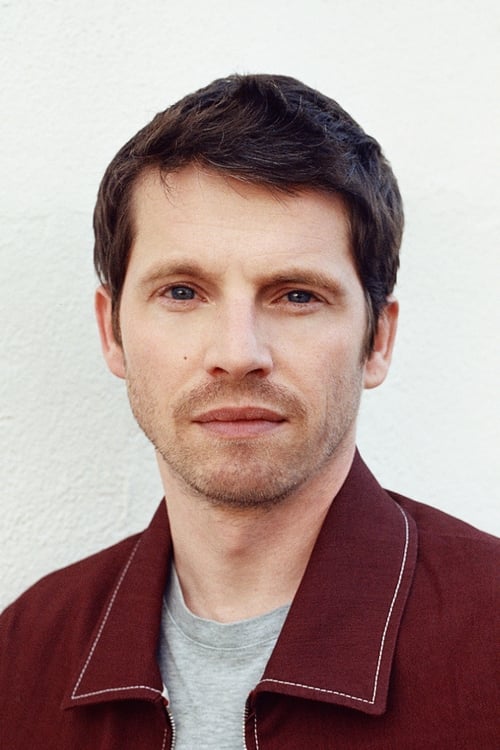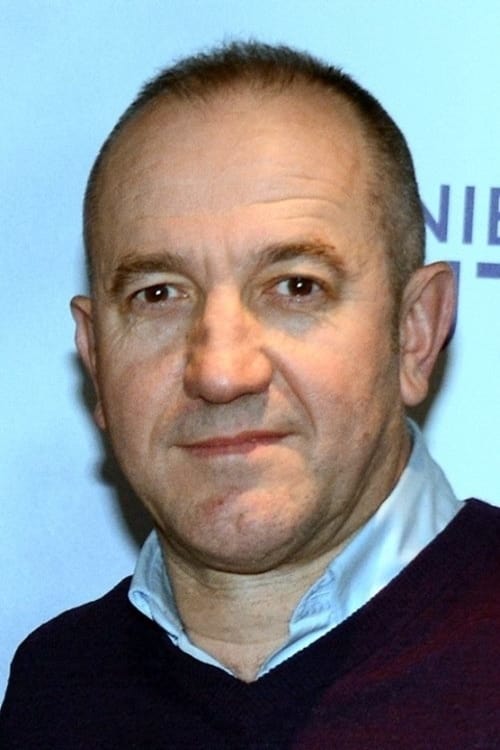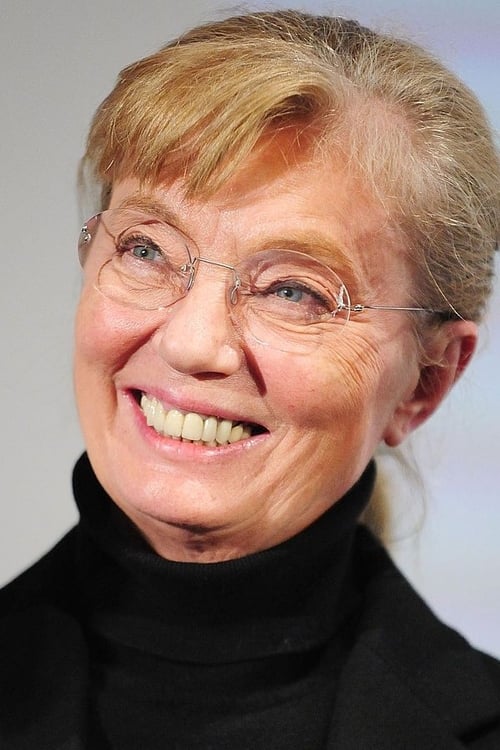A Childhood (2015)
장르 : 드라마
상영시간 : 1시간 40분
연출 : Philippe Claudel
각본 : Philippe Claudel
시놉시스
As summer drags by, 13-year-old Jimmy, forced by circumstance to become an adult too soon, runs up against the limits of his small hometown and his turbulent life, caught between a mother on the slide and a stepfather who keeps her down.

1979: Cousins Carole and Jérôme go on an organized trip to Odessa, behind the Iron Curtain. During the day, posing as tourists celebrating their engagement, they visit monuments and museums. In the evening they slip away from the group and meet “refuseniks”, Jews persecuted by the Soviet regime for wanting to leave the country. While Carole is motivated by political commitment and a taste for risk, Jérôme’s motivation is Carole.

A young Jewish boy travels europe in search of the grave of his Great Grandfather who was killed by the Nazis in the War.

Every kid wants to be cool and fit in - life's a blast even when you're different. When Mo's reflection is revealed, he sees a body that doesn't quite resemble any of his peers. Here, he tells the tale of his youth, growing up on the south shore of Long Island, New York

In the fall of 2004, Eric Bertrand, a 14 years , created a website inspired by "Harry Potter and the Order of the Phoenix" to defend the Catalan language. One night, thirty civil guards of anti-terrorist squad Madrid, burst into his home and accused of terrorist computer. His crime: send a mail asking about supermarkets labeling in Catalan.
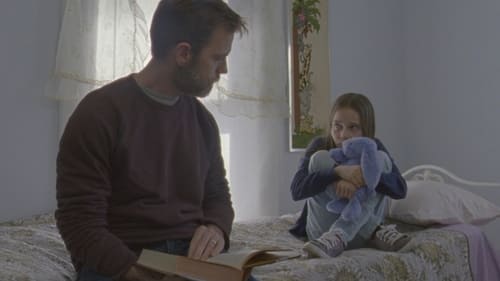
The Ryries have suffered a loss: the death of a baby just fifty-seven hours after his birth. Without words to express their grief, the parents, John and Ricky, try to return to their previous lives. The couple's children, ten-year-old Biscuit and thirteen-year-old Paul, responding to the unnamed tensions around them, begin to act out in exquisitely idiosyncratic ways. But as the family members scatter into private, isolating grief, an unexpected visitor arrives, and they find themselves growing more alert to the hurt, humor, warmth, and burdens of others—to the grief that is part of every human life but that also carries within it the power to draw us together.
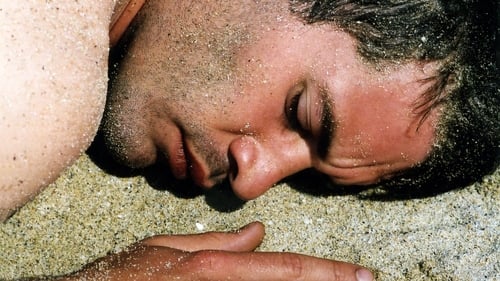
Set in Brittany, a detective called Nicolas Luhel is asked to unravel the circumstances of a teenage boy's death. The main suspect is the boy's father. Shattered by the suicide of the main witness, Nicolas lets himself get snared by the strange and fascinating influence that the father exerts on everyone around him. Eventually, Luhel discovers the truth about the murder and feels that the law is inadequate to deal with it. As a consequence, he decides to destroy the evidence and keep it a secret.

Matei lives with his grandfather in Romania. His parents have gone to work in Italy. After arguing with his grandfather, he leaves. A poignant, beautifully shot film on the illusions and disillusionments of childhood.

The story begins with an experiment. A filmmaker in the country of Georgia posts an ad inviting youth to audition for her film. Facing the camera, the hopefuls confess their struggles and dreams. These raw interviews unfold seamlessly into cinematic slivers of Georgian life.

A group of boys, roughly seven to eleven years of age, go skinny-dipping in a river near their small Mexican town one afternoon and there find themselves the butt of an old vagabond's practical joke, the man stealing all their clothes from them. Humiliated about having to walk home in the buff, the tykes decide to get even, declare war. Yet, as the generations battle it out, a mutual respect develops, the depth of which is evident once the man has a heart attack during one of his romps with the kids. Will the boys' older pal recuperate so that they can engage in one final battle.

If the scorpion could see and the viper could hear, there would be no escape". The viper is deaf and the scorpion can't see, so it is and so shall be, the same way the countryside is peaceful and the city bustling and the human being impossible to satisfy. Lacrau demands the return "to the curve where man got lost" in a journey from the city towards nature. The escape from chaos and emotional void we call progress; matter without spirit, without will. The search for the most ancient sensations and relationships of mankind. The amazement, the fear of the unknown, the loss of basic comforts, loneliness, the meeting with the other, the other animal, the other vegetable. A dive looking for a connection with the world. Where beginning and end are the same, but I am not.

In 1939, José Garcés is in French prison camp after the defeat of Spain's Republicans. To entertain and inspire his fellow prisoners, he tells the story of becoming a man in 1919, the year he realized that learning to live is the same as learning to die. His stiff and demanding father loses a fortune in German war bonds, takes a job in Caspe, and leaves José on his own in Zaragoza to finish high school while apprenticing in a pharmacy. José courts his beloved Valentina via letters, becomes intimate with Isabel, a maid he meets in a cinema who shares his ideas of free love, and comes under the influence of El Checa, an anarchist and gentle teacher who leads a doomed revolt.

A sensitive, 14 year old orphan in a military school learns about life and love from his classmates and teachers.
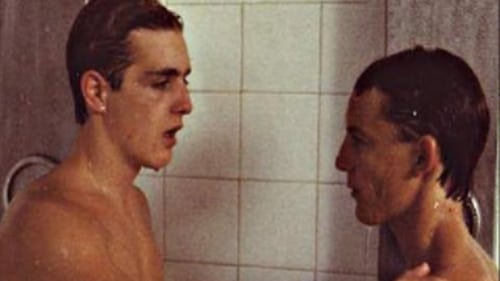
Matthew is a boy who just left school. He is handsome and athletic and believes himself to be gay. He retains a friendship with only one school friend, Phil, who has stuck by Matthew despite hostile reactions from his peers. As their relationship grows more intense, Phil's girlfriend Sharon and his classmates become vindictive and aggressive. The two friends find themselves ostracized by both friends and family and decide to run away.

Alejandro Gerber Bicecci's "Vaho" (Becloud) tells the story of three childhood friends, Andres, Felipe, and Jose, and their lives in a dusty, run down corner of Mexico City. The boys were inseparable until they witnessed a tragedy that haunts them to the present day. The tragedy shaped each boy differently, and had a profound effect on their lives.
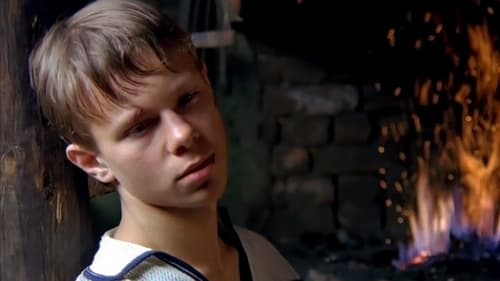
The story takes place in a small village on the beach of Sea of Azov at the beginning of 1960s. Adolescents passionately dream of love about which they have heard from their elder experienced friends. 16 year-old Ignat is the first to find out what the real feeling is. His love for an adventuress who pretends to be a singer from capital becomes destructive.

In the Lesotho highlands, a 15-year-old boy tends his family's flock of sheep alone through the winter. His younger brother might have to quit the village school to help him. And two girls attempt to maintain their unique friendship when one of them goes off to attend a better school and the other stays in the village. Over the span of two years the film accompanies four teenagers in an isolated mountain village on their path to adulthood - a path between individuation and tradition.
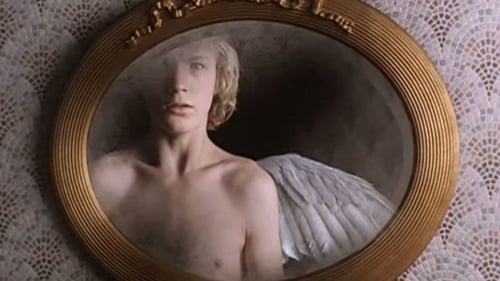
Surreal tale of a 14 year-old boy who dreams of escaping the loneliness from an unhappy home & sexual abuse (from his mother's boyfriend who is also his school swimming coach). One day his back mysteriously sprouts feathers and he can metaphorically fly away from it all.

The story takes place in the summer of 1995 outside of Gothenburg, Sweden, during the rise of Neo-Nazi violence that was sweeping across the country. The film "John Hron" is the true story about a teenager, his friends and family. John is caught up in defense of a student being bullied in school. As the conflict with the bully escalates it soon causes strain between John and his friends.
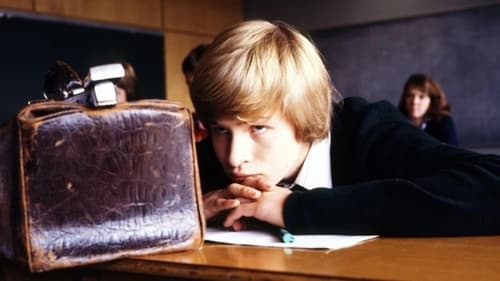
15-year-old Moritz lives in a posh area of Hamburg, but his parents did not care about it. The teenager suffers from ridicule of his classmates and finds refuge in his dreams and playing the saxophone. Only when he joins a band and began performing there Moritz pulled out of the vicious circle, and finds love with new friends...

Although he was once a colonel in Argentina, the principal character in this film is now a wealthy exile living in Paris with his beloved wife, who has been unable to bear children. To fill this void in their lives, he feeds and clothes abandoned children, raising them in his mansion as if they were his own. As would never be the case in real life today, in this fantasized story set in 1925, no one objects to this behavior, and they live pleasantly and enjoyably together. Things grow considerably more animated when a stage magician places his very attractive daughter in the colonel's household, which stirs a lively romantic interest from his boys and from the great man himself.

